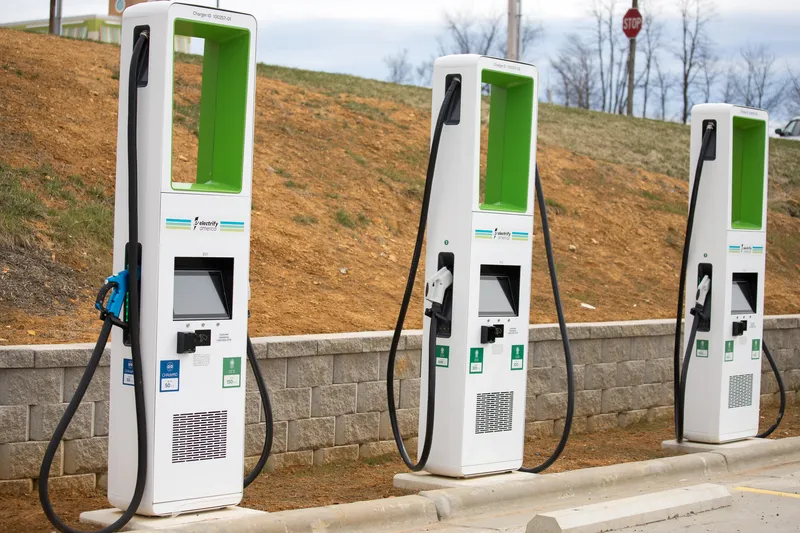Additionally, the chargers aim to be highly durable, reliable, effective and long-lasting, with in-built future proofing and modular construction to support continued operation. The use of industry-grade components is said to provide extended lifetime and robust operation.
Terra HP’s current design is said to charge both 400 V and 800 V cars at full power and is suited for use at highway rest stops and petrol stations. In addtion, the HVC-Overnight Charger offers a compact, single power cabinet paired with up to three charge boxes that can be upgraded from 50kW to 100kW or 150kW.
Frank Mühlon, head of ABB’s Global Business for EV Charging, said: “The ABB team has extensive experience, working with all types of projects, from small en-route installations to innovative city-wide, on-demand electric bus charging systems. It’s this depth of knowledge and the ability to work closely with our customers that has enabled us to develop a range of future proof solutions for environmentally friendly transport systems across the globe.”
“Creating innovative state-of-the-art and energy efficient solutions, which are scalable to expand and flex with our customers’ needs, is at the heart of ABB’s philosophy. As the e-mobility market continues to expand we look forward to bringing sustainable mobility to even more people around the world”, Mühlon added.
ABB charging technology available in 95% EV countries
ABB has announced that its charging technology is now available in 95% of the world’s countries with an electric vehicle (EV) presence. It has also confirmed that its sales of DC fast chargers have exceeded 6,500 ranging from 50 kW up to 450kW which also includes high-power chargers for both cars and buses. The technology is designed with the intention of supporting global e-mobility charging standards.
January 24, 2018
Read time: 2 mins







